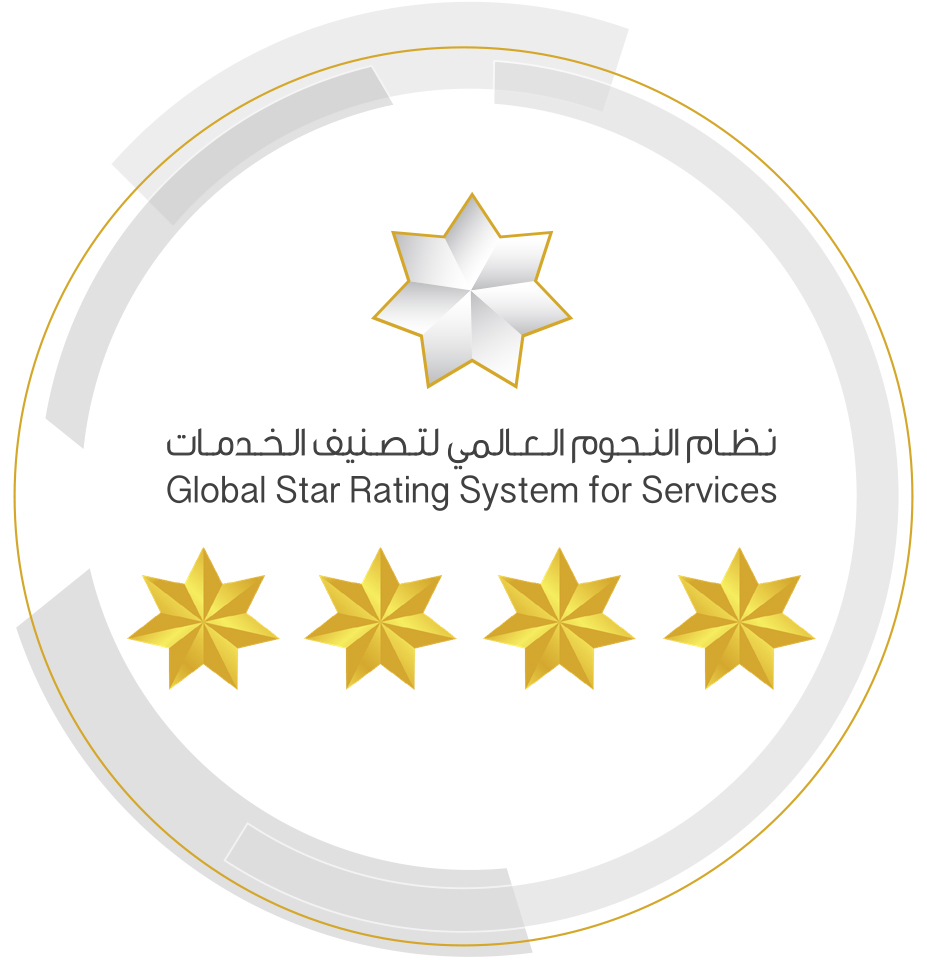Academic Qualifications
- Bachelor of Law-University of Alexandria 1978
- PhD in Law: International Relations - Mohammed V University (2006)
Work Experience
- Second Degree Prosecutor (1979-1978)
- First Degree Prosecutor (1981-1984)
- Chief Prosecutor of Appeal in Abu Dhabi (1984-1981)
- Attorney on duty for the Court of Cassation (1984-1985)
- Judge at Abu Dhabi Court of Appeal (1984-1990)
- President on duty of Ajman Court of Appeal (1990-1991)
- President of Abu Dhabi Court of Appeal (1990-1995)
- Accredited Judge at Union Supreme Court (1995-2000)
- President of Union Supreme Court (2005-2016)
Projects I was honored to participate in
- Lecturer at the Institute of Training and Judicial Studies (ITJS)
- Academic Lecturer at a number of UAE universities.
- Chaired committees reviewing dissertations in some of UAE universities.
- Chaired advisory boards of the Law colleges in UAE and Ajman Universities.
- Chaired technical committee for drafting federal laws or amendments of existing laws.
- Member of the Technical Committee drafting the Arab Convention on the Suppression of Terrorism 1997.
- Chaired Attorney Disciplinary Board.
- Chaired Judicial Disciplinary Board.
Key Publications and Scientific Researches:
- History of the Union Supreme Court (2000).
- The Three Arab Islands in The Arabian Gulf: Legitimacy of Regional Changes resulting from the Use of Power (2001).
- Human Rights (2003).
- Introduction to Terroristic Crime (2003).
- International Crime Responsibility for Natural People (2010).
- Towards Establishing Social Justice (2012).
- Old Emirati Judiciary's History (2014).
- Brief on Reasoning Civil Provisions (2015).
- Union Supreme Court is the Optimum of Federal Justice.
- Scent of Time (2016).
- Other scientific researches and work on law and justice.
Vision of Judicial Work:
Law provisions aim at achieving justice by preserving judicial integrity and independence. It is the shortest route towards upholding human rights advocated by all religions and legitimated by the statutory legislations.
Key Achievements:
- Contributed to establishing prosecution in the federal judiciary since the beginning of his judicial work in 1978.
- Led awareness campaigns to raise awareness about new legislations and fomenting a culture of law abidance, respect and adherence.
- Developed training curricula for citizens joining the judicial work and continued providing training services of different forms until the foundation of the Institute of Training and Judicial Studies.
- Fought for Judicial integrity and independence during his working years.
- Contributed to protecting the Union Supreme Court from all religious, political and media impacts.
- Contributed to providing better conditions for those working in the judicial profession.
- Participated in sharing opinions as a member in many technical committees for different legislations.
- Contributed during his presidency of the Union Supreme Court to its reaching out to the surroundings and social realities.
- Developed a plan to introduce the Court message and roles to the local, Arabic, and international community.
Career Path Challenges:
- Working in Judiciary is a very difficult task. Justice requires acquiring all the evidences needed to reach a decision, thus judges require to read all the case files, compelling a continuous work for long hours even after the official working hours.
- Working in the Judiciary field implies pressure on the judge and his or her family, taking from their personal freedom and restricting judges from performing what others can do.
- The nature of work in judiciary usually compels judges to overlook the idea of forming friendships and social relationships to maintain their integrity.
Message to the Youth:
A balance in one's life is commendable to keep one's duties on all levels. Youth of today should set a goal and work on achieving it. While doing so, they shouldn't forget to enjoy their lives so that they won't miss life and realize that when it is too late.
Advice to Pensioners:
- Ensure to establish tight personal and social relationships before retirement. These relationships have a major role in achieving a balance that secures for the pensioner a stable life free from hardships, particularly the sense of loneliness and emptiness.
- Even though my father was a successful merchant, the nature of my work did not help me to experience trading. I recommend forthcoming pensioners to plan for establishing a business after retirement or search for and invest in the talents they used to have.
Did you find this content useful?
You can help us improve by providing your feedback about your experience.







